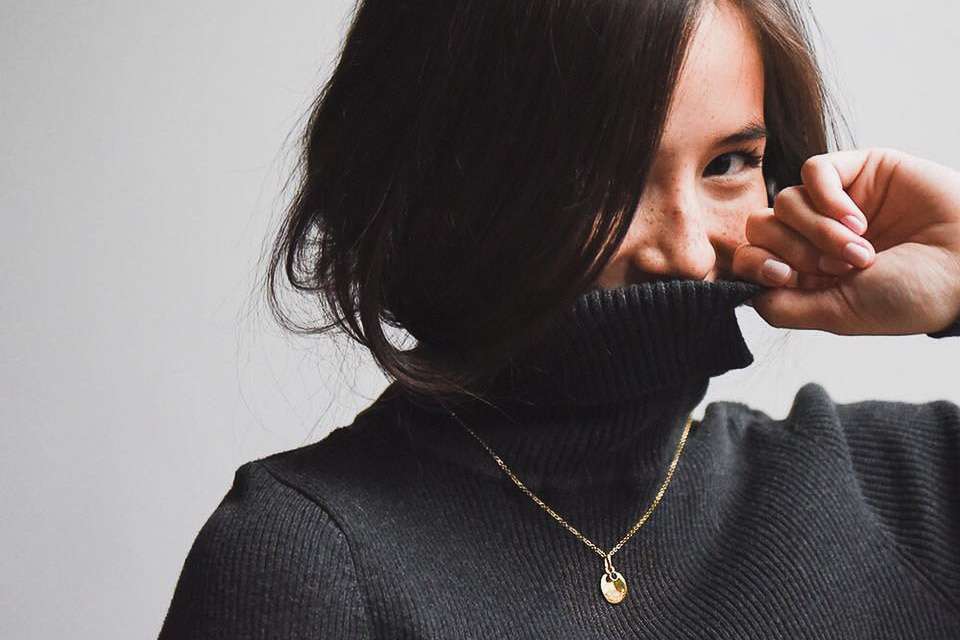When you buy from ethical jewelry brands owned by women, you’re choosing more than just a product. You’re supporting equality, good practices, and having a positive climate impact.
Ethical jewelry (and ethical consumption on the whole) has seen a rise in popularity in recent years. More consumers are willing to pay big bucks for socially and environmentally conscious products. A 2021 consumer research survey of more than 1,000 U.S. adults found that 72 percent of millennial participants were more likely to stay loyal to brands that were transparent about their sustainable or ethical business practices. Nowadays, sustainability is more than just a buzzword — it’s a commodity in itself.
This is especially true in the jewelry market. Celebrities like Timothée Chalamet and Billie Eilish have shown their support for ethical jewelers; the recently engaged couples Travis Barker and Kourtney Kardashian, as well as Machine Gun Kelly and Megan Fox, opted for ethical diamond rings.
Further, diamond giant De Beers surveyed consumers and found that not only are they more interested than ever in supporting sustainable and ethical jewelry, but they’re willing to pay a premium for it, too.
Ethical Jewelry Brands
With all of this in mind, there’s never been a better time to shop ethical jewelry brands whose products, and values, are sure to give you that 24-carat feeling. Plus, they’re all women-owned businesses, so it’s a real win-win.
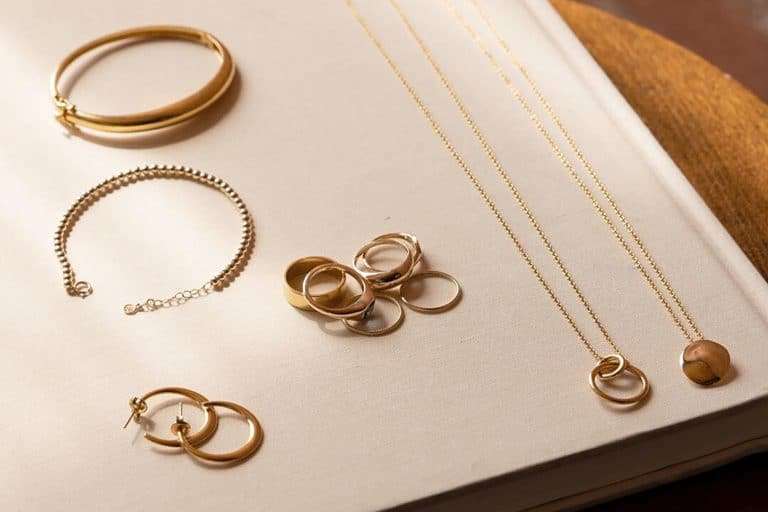
1. Mejuri
In the words of Founder, Noura Sakkijha, Mejuri is all about “women celebrating themselves”. All of its pieces are timeless, yet with a contemporary flair, and a price range that runs from affordable to luxury. One of Mejuri’s top priorities is traceability, which is why it prioritizes working with suppliers certified by the Responsible Jewelry Council. And as of 2021, 100 percent of its gold is completely traceable. A large portion of its gold materials is also recycled.
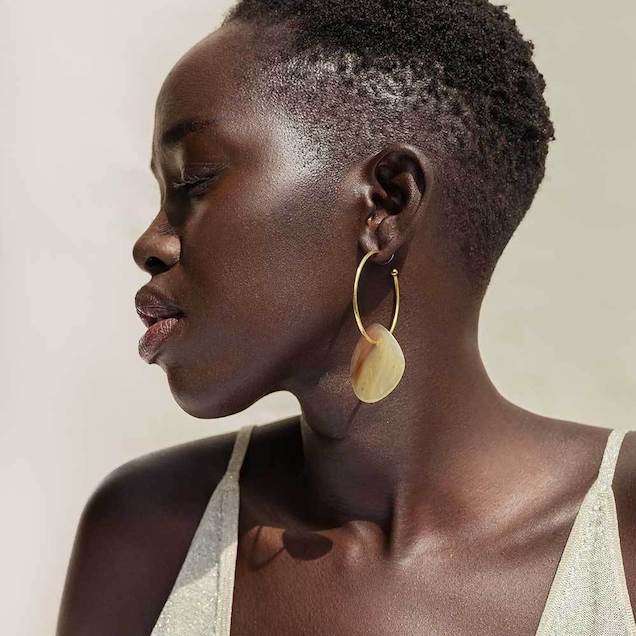
2. Soko
A certified B-Corp, Soko uses mobile technology to connect Kenyan artisan jewelers to the global marketplace. More than just a jeweler, it is working to reduce inequality and poverty across Africa by providing secure and high-quality jobs for local artists.
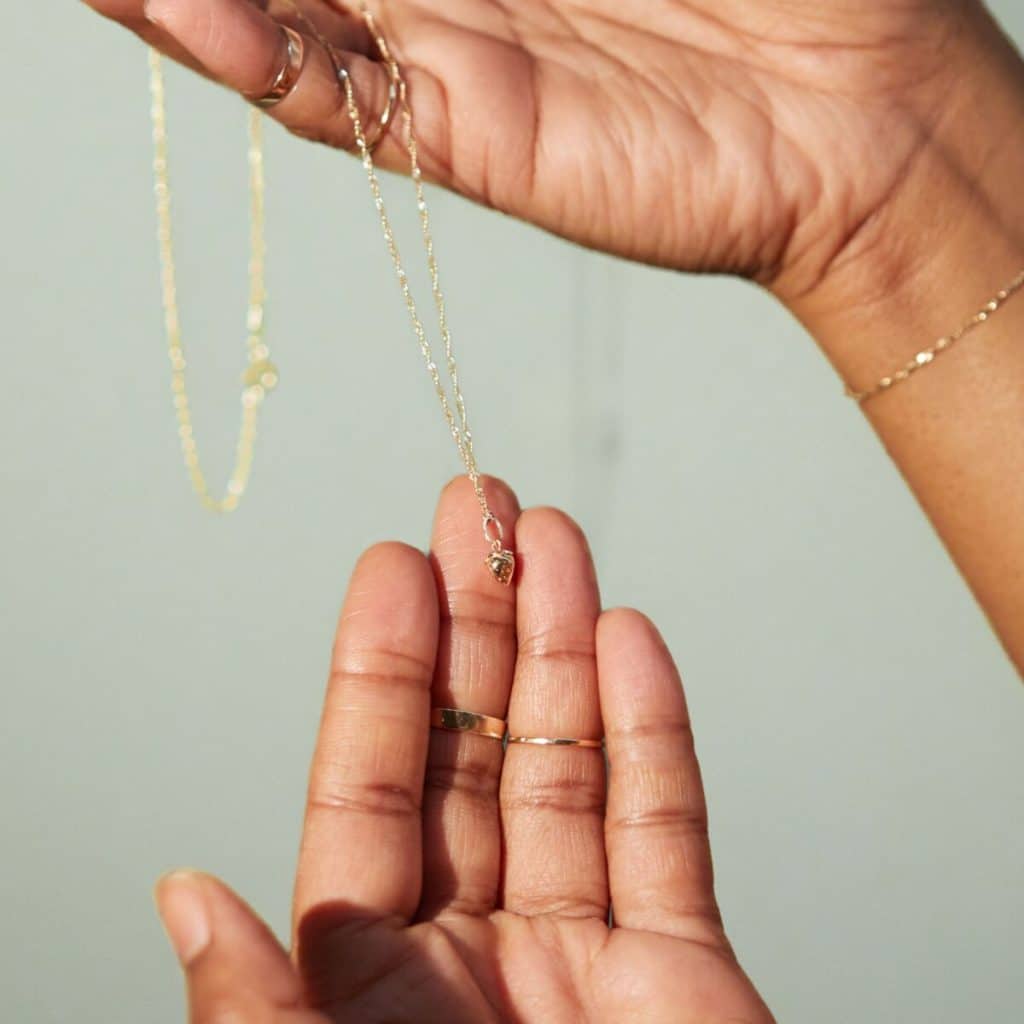
3. Catbird
Established in Brooklyn in 2004, Catbird is a veteran of the ethical jewelry game. Its team of 40 artisan jewelers all work on-site crafting accessories meant for everyday wear and more special occasions. Catbird is verified by The Good Trade as only using conflict-free stones, providing fair wages to staff, and including recycled materials in its collections.
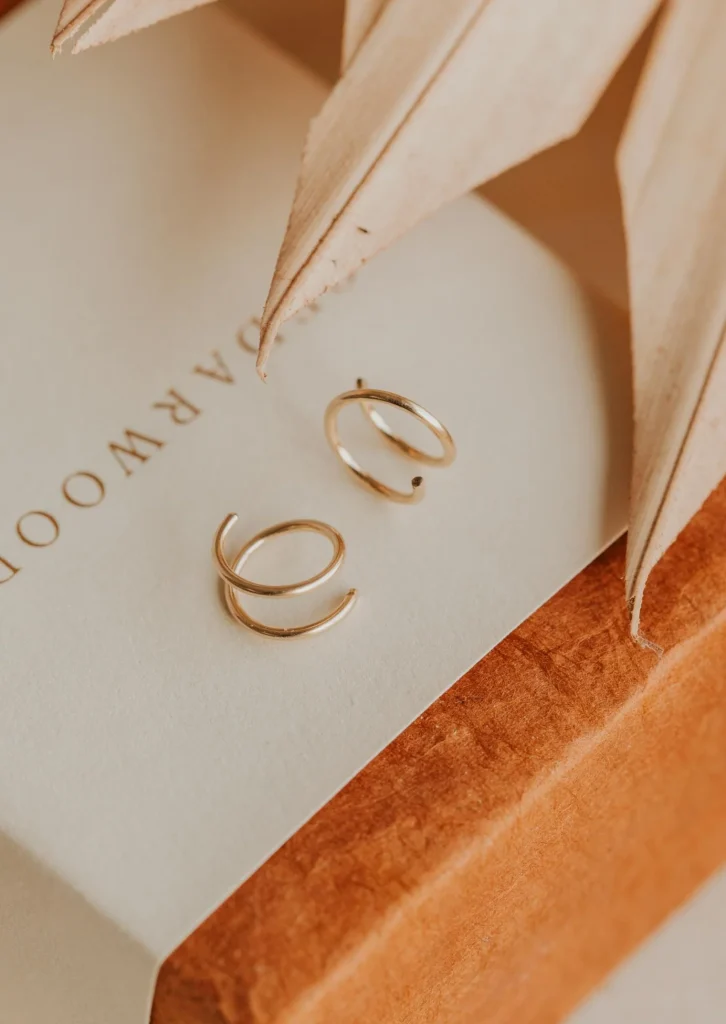
4. Hello Adorn
Founded by husband-and-wife team Jess and Adam Gardner, Hello Adorn is filled with adorable earrings like its best-selling tiny twists, as well as rings, necklaces, and more, made from pure gold and silver, and precious gems. The company says it has supported “hundreds” of organizations with in-kind donations as well as a portion of sales and in-person events. On the first Friday of each month, ten percent of purchases made at its brick-and-mortar location in Eau Claire, Wisconsin support the organization of the month. Specific collections are designed for causes, too; the Dolly Necklace, for example, symbolizes body positivity and 50 percent of proceeds donated to families battling breast cancer.
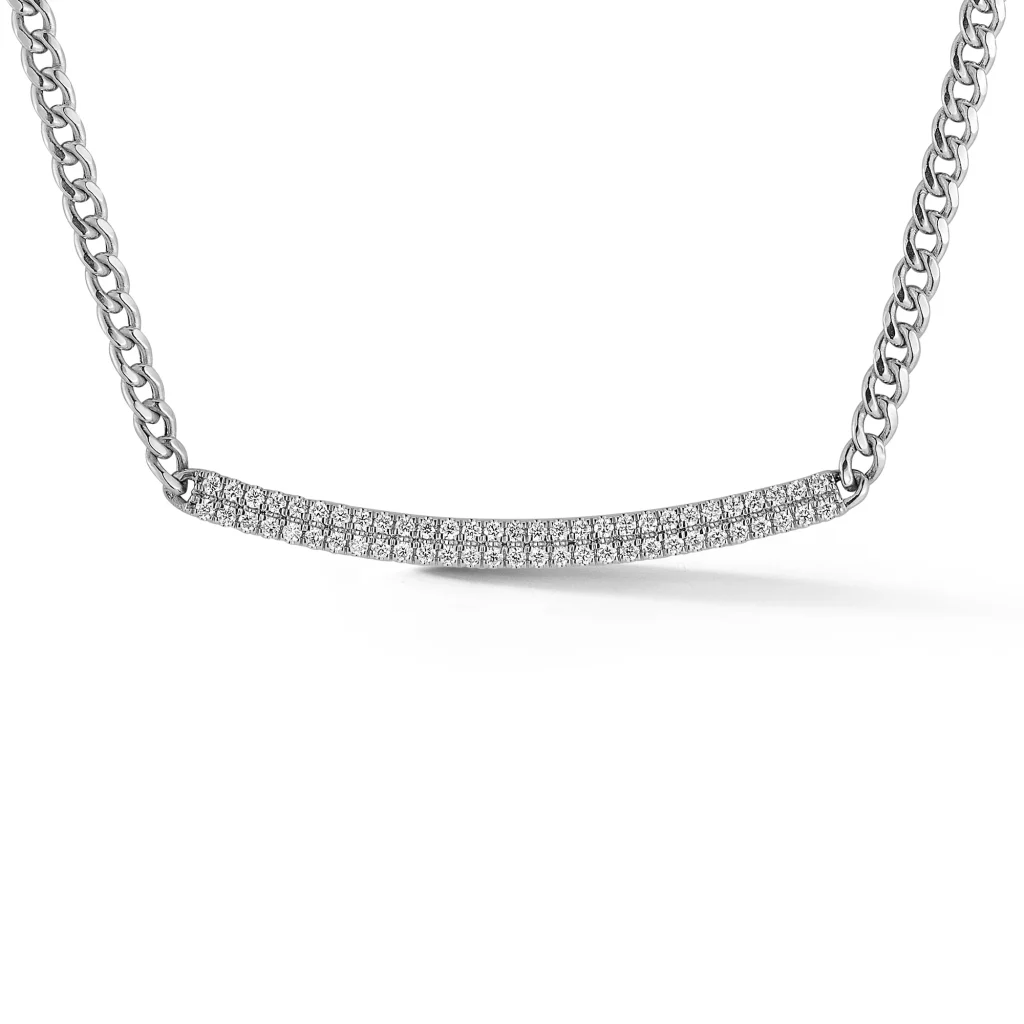
5. Dana Rebecca Designs
You’ll feel incredible wearing the stunning jewelry from Dana Rebecca Designs. Not only is every piece absolutely gorgeous, but the label has prioritized philanthropic efforts since its launch in 2007. The Chicago-based jewelry serves on the board of the city’s Boys and Girls Club and has supported numerous other organizations over the years.
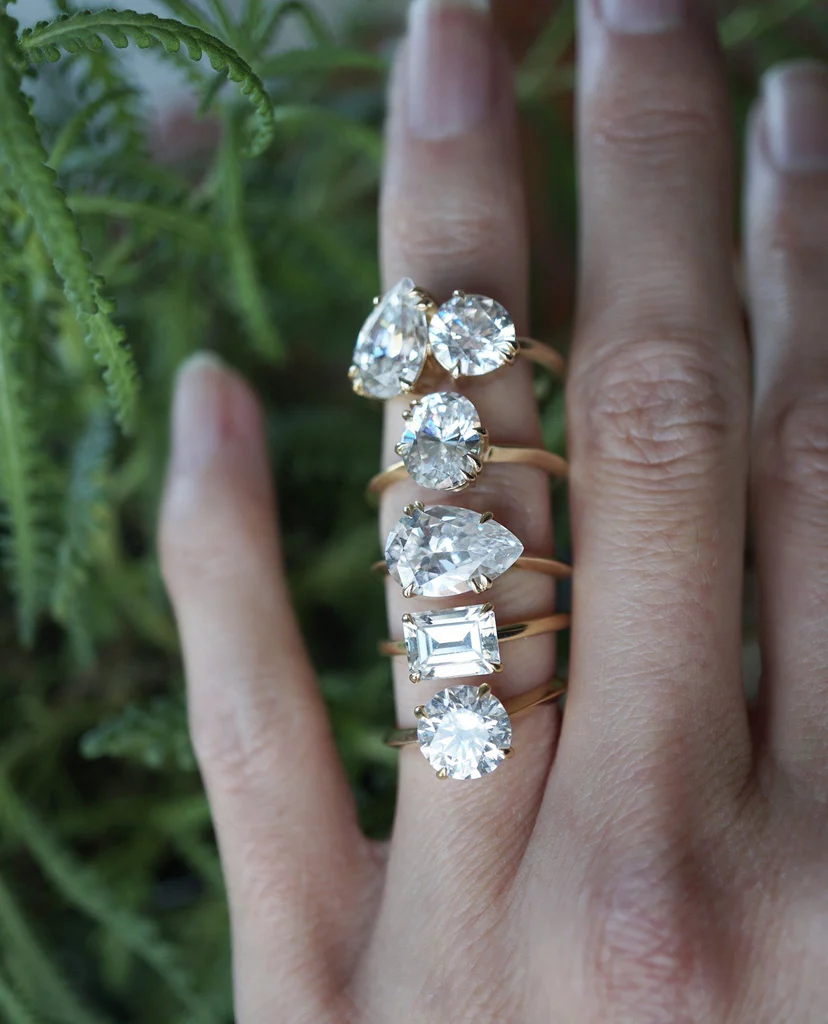
6. BaYou With Love
From actress and activist Nikki Reed, BaYou with Love is focused on sustainable, ethical jewelry (as well as apparel, home, and beauty items). BaYou’s fine jewelry is made from recycled gold, including gold recovered from discarded technology through a partnership with Dell. The jewelry collections include every day favorites, bespoke jewelry, and bridal rings created with carbon-neutral cultivated diamonds and consciously sourced stones.
“We are working towards a zero waste model with the smallest footprint possible, and hoping that by doing so we can pave the way for other companies to do this as well,” Reed says on the BaYou website. “It only works if we are all doing this, so my goal is to make space for other companies to join, not to be the only company doing it.”
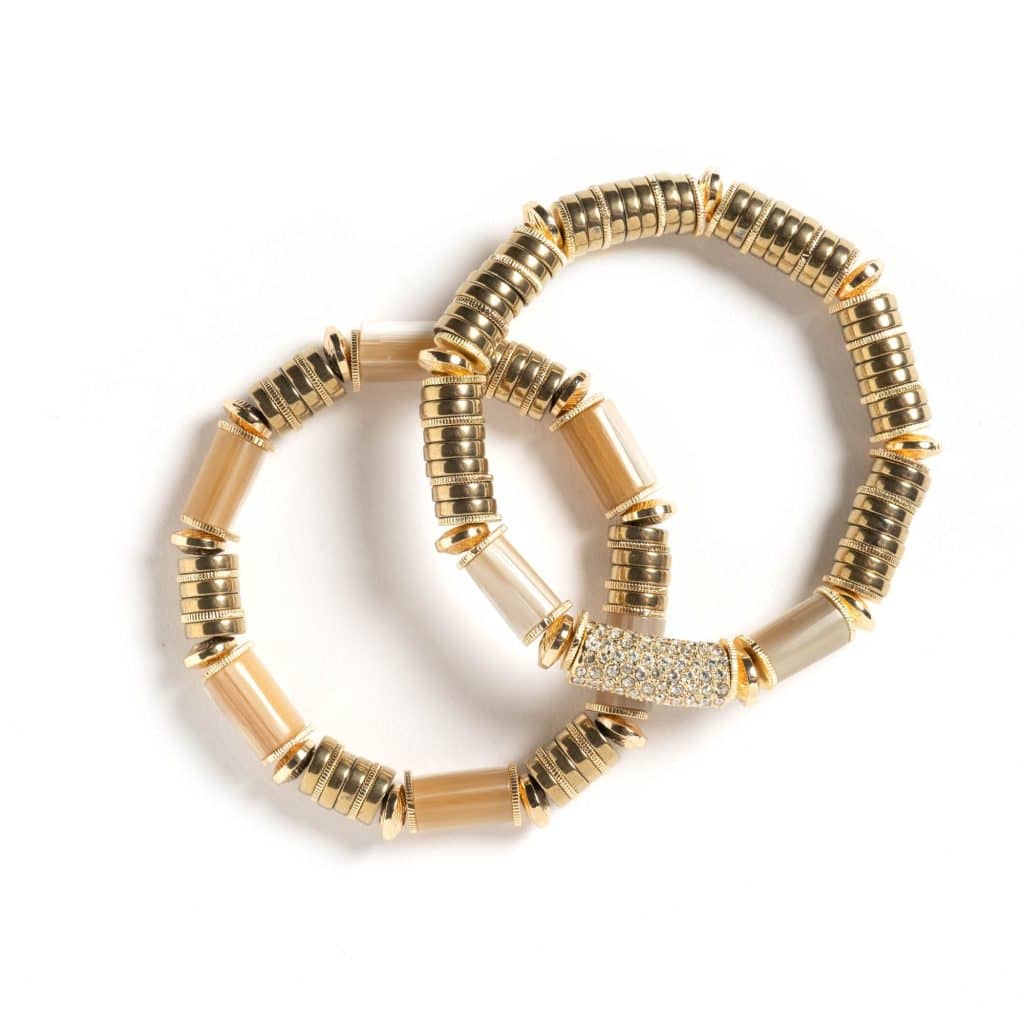
7. Akola
Akola, meaning “she works”, provides life-changing jobs to a team of 50 female jewelers living in Uganda. While the average person in Uganda earns less than $1.90 a day, Akola ensures that 100 percent of its staff earn well above the living wage. Employees can also access training and wellness programs in areas including financial literacy and leadership.
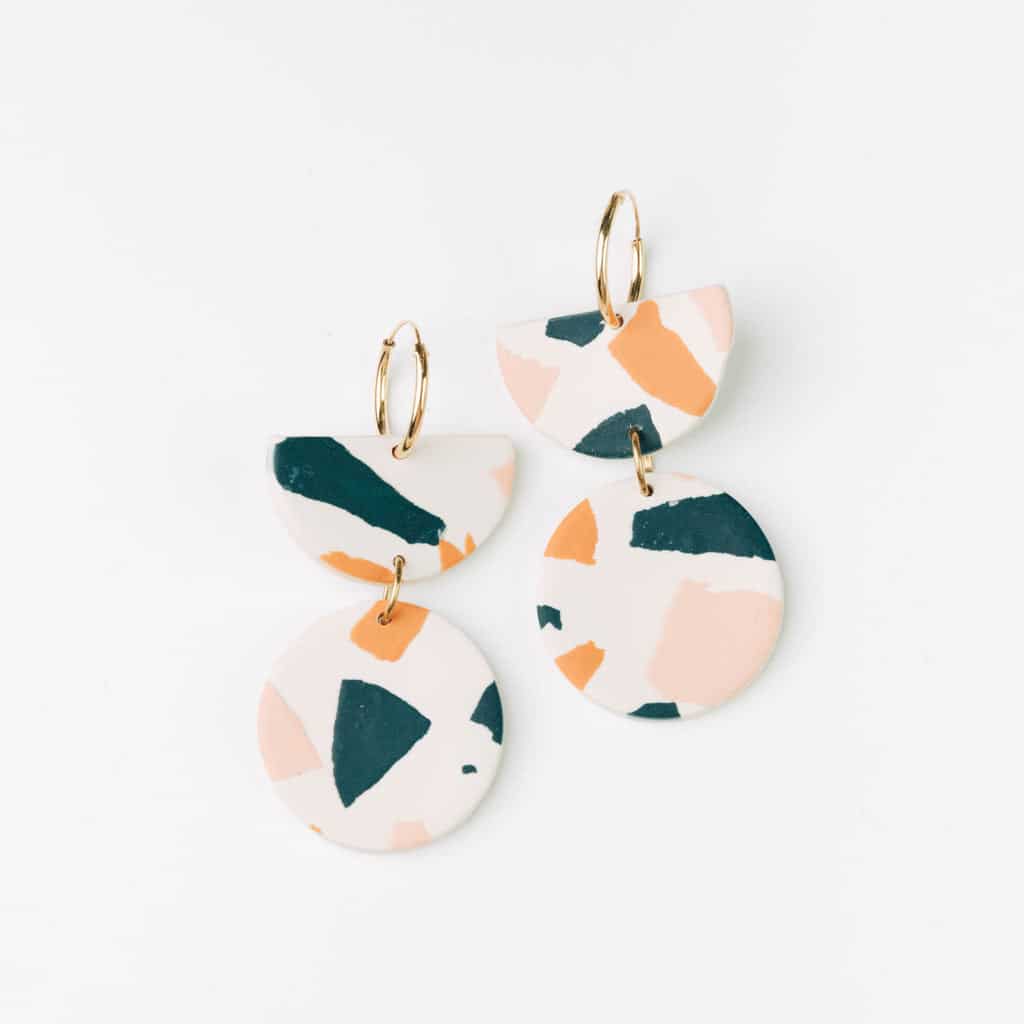
8. Pepper You
Handcrafted in the U.K. by jeweler, Jade Golding, when you purchase a pair of her unique clay earrings you’ll also be supporting reforestation. Pepper You partners with Eden, an organization that employs local villagers in areas already devastated by climate change like Madagascar, Haiti, and Indonesia, to plant one tree for each earring order.
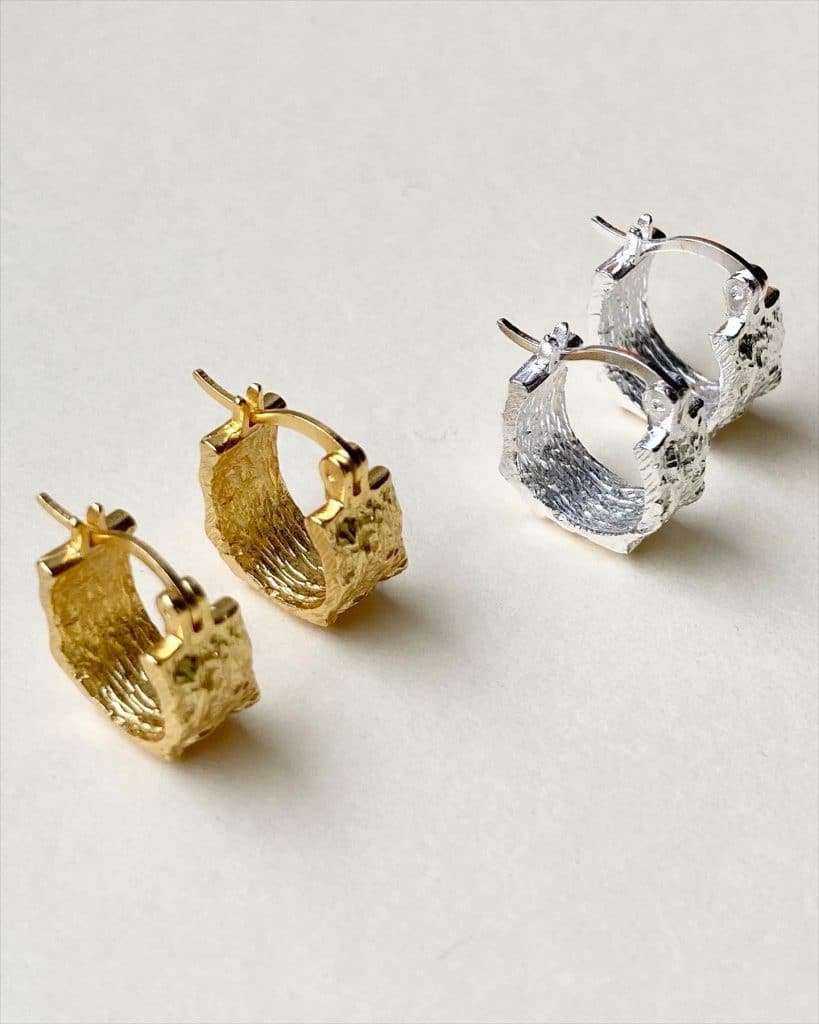
9. About November
Specializing in sleek and timeless jewelry, all of About November’s orders come in 100 percent recycled and recyclable packaging. The brand also has plans to offer a jewelry refurbishment service in the near future which would help extend the life cycle of its pieces.
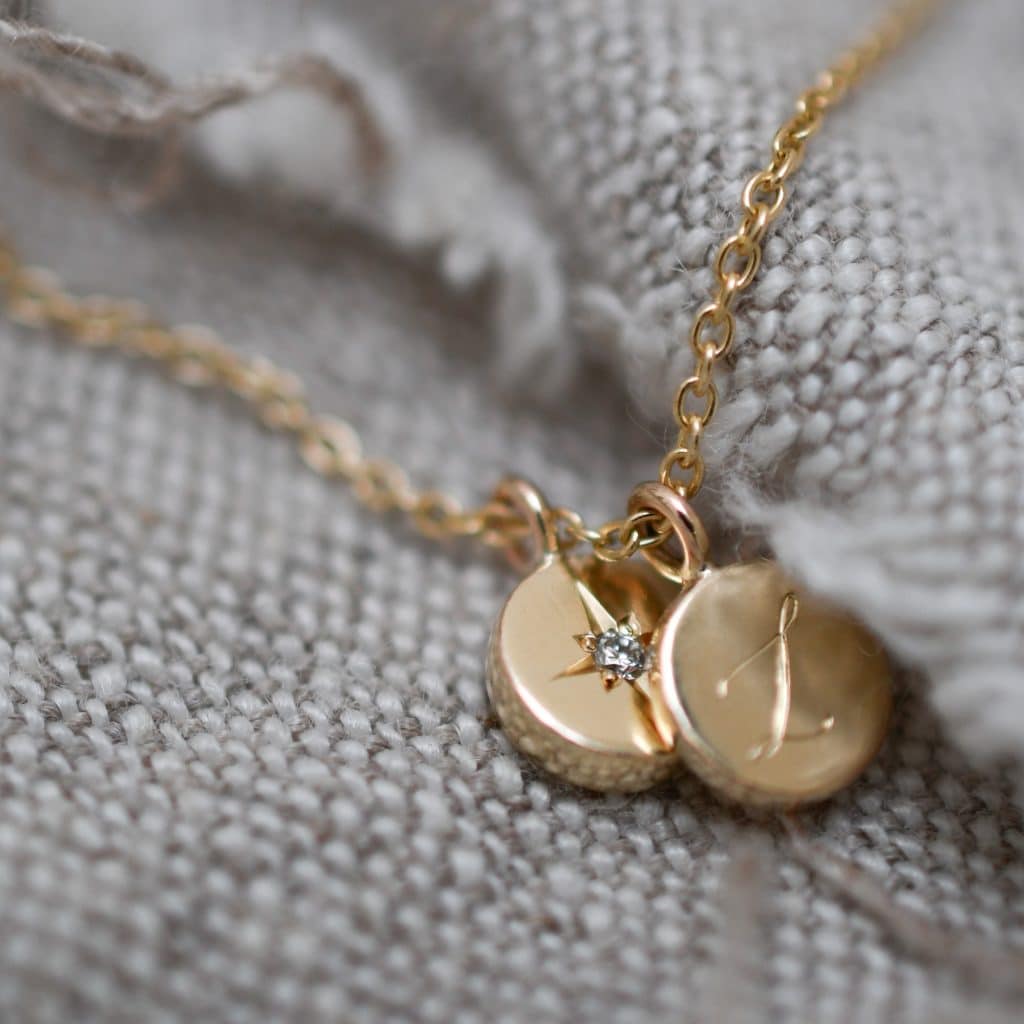
10. AuTerra
Built on the core principles of craftsmanship and sustainability, Cape Town-based ethical jewelry brand, AuTerra, makes all of its minimalist jewelry out of reclaimed precious metals. You can trust that the supply chain is transparent since all of the materials are created at AuTerra’s e-waste refinery also located in South Africa.
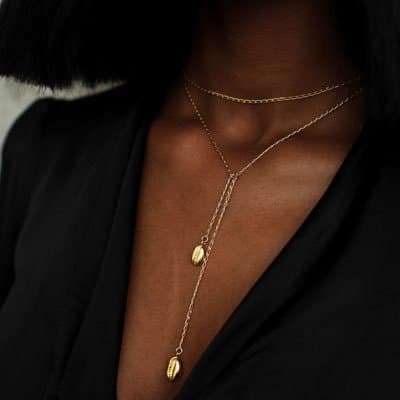
11. Omi Woods
Inspired by her grandmother and the African diaspora, founder Ashley McFarlane launched Omi Woods, a Toronto-based jewelry brand, as an homage to the continent. All of its gold is fair-trade and sourced from conflict-free zones, as certified by The Good Trade.
Related on Ethos:
All products featured on Ethos have been independently selected by our editorial team.
When you buy something through our links, Ethos may earn an affiliate commission.

